Shemot (שְׁמוֹת)— Hebrew for “names,” is the thirteenth weekly Torah portion in the annual cycle of Torah readings and the first in the Book of Exodus. The parsha tells of the Israelites’ affliction in Egypt, the hiding and rescuing of the infant Moses, Moses in Midian, the calling of Moses, circumcision on the way, meeting the elders, and Moses before Pharaoh. The parashah constitutes Exodus 1:1–6:1.

Parsha Shemot Summary
Exodus 1:1–6:1
The children of Israel multiply in Egypt. Threatened by their growing numbers, Pharaoh enslaves them and orders the Hebrew midwives, Shifrah and Puah, to kill all male babies at birth. When they do not comply, he commands his people to cast the Hebrew babies into the Nile.
A child is born to Yocheved, the daughter of Levi, and her husband, Amram, and placed in a basket on the river, while the baby’s sister, Miriam, stands watch from afar. Pharaoh’s daughter discovers the boy, raises him as her son, and names him Moses.
As a young man, Moses leaves the palace and discovers the hardship of his brethren. He sees an Egyptian beating a Hebrew, and kills the Egyptian. The next day he sees two Jews fighting; when he admonishes them, they reveal his deed of the previous day, and Moses is forced to flee to Midian. There he rescues Jethro’s daughters, marries one of them (Tzipporah), and becomes a shepherd of his father-in-law’s flocks.
G‑d appears to Moses in a burning bush at the foot of Mount Sinai, and instructs him to go to Pharaoh and demand: “Let My people go, so that they may serve Me.” Moses’ brother, Aaron, is appointed to serve as his spokesman. In Egypt, Moses and Aaron assemble the elders of Israel to tell them that the time of their redemption has come. The people believe; but Pharaoh refuses to let them go, and even intensifies the suffering of Israel.
Moses returns to G‑d to protest: “Why have You done evil to this people?” G‑d promises that the redemption is close at hand.
Haftarah
— Isaiah 27:6–28:13; 29:22–23.
This week’s haftorah parallels the week’s Torah reading on many levels. One of the parallels is the message of redemption conveyed by Isaiah—“and you shall be gathered one by one, O children of Israel”—that is reminiscent of the message of redemption that G‑d spoke to Moses at the burning bush, a message that Moses then communicated to Pharaoh.
The haftorah vacillates between Isaiah’s prophecies concerning the future redemption, and his admonitions concerning the Jews’ drunken and G‑dless behavior. Isaiah starts on a positive note: “In the coming days, Jacob will take root, Israel will bud and blossom, filling the face of the earth . . .” He mentions G‑d’s mercy for His nation, and the measure-for-measure punishment He meted out upon the Egyptians who persecuted them. And regarding the future redemption: “You shall be gathered one by one, O children of Israel. And it will come to pass on that day that a great shofar will be sounded, and those lost in the land of Assyria and those exiled in the land of Egypt will come, and they will prostrate themselves before the L‑rd on the holy mount in Jerusalem.”
The prophet then proceeds to berate the drunkenness of the Ten Tribes, warning them of the punishment that awaits them. “With the feet they shall be trampled, the crown of the pride of the drunkards of Ephraim . . .”
The haftorah ends on a positive note: “Now Jacob will no longer be ashamed, and now his face will not pale. For when he sees his children, the work of My hands, in his midst, who shall sanctify My name . . . and the G‑d of Israel they will revere.”
We hope this Torah teaching and whiteboard bless you in your spiritual understanding and growth! As we are solely supported by your Tzedakah charity please consider supporting this ministry for the continued spread of Truth by giving a love offering here.
Torah Parsha teaching with video and audio and illustrations by Pastor Isaac. © 2017 Assembly of Called-Out Believers. Use by Permission.
Website: www.CalledOutBelievers.org.



0 Comments